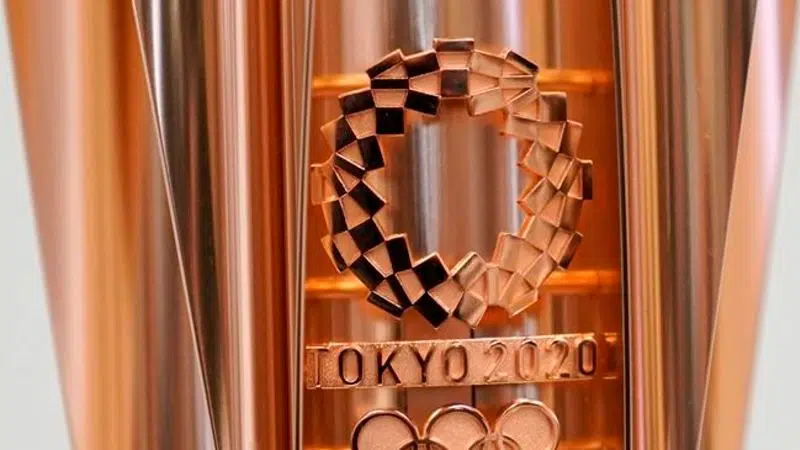
Tokyo Olympics cut spending; sports federations unhappy
TOKYO — The Tokyo Olympics are caught between the proverbial rock and hard place.
Tokyo organizers are trying to cut spending, under pressure from the International Olympic Committee, which has been widely criticized for pushing host cities to build “white elephant” venues — often at the taxpayer’s expense.
That’s the rock.


